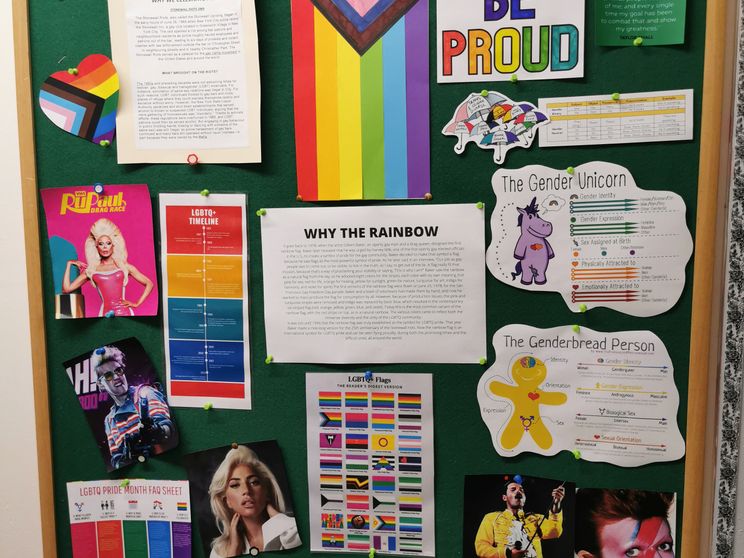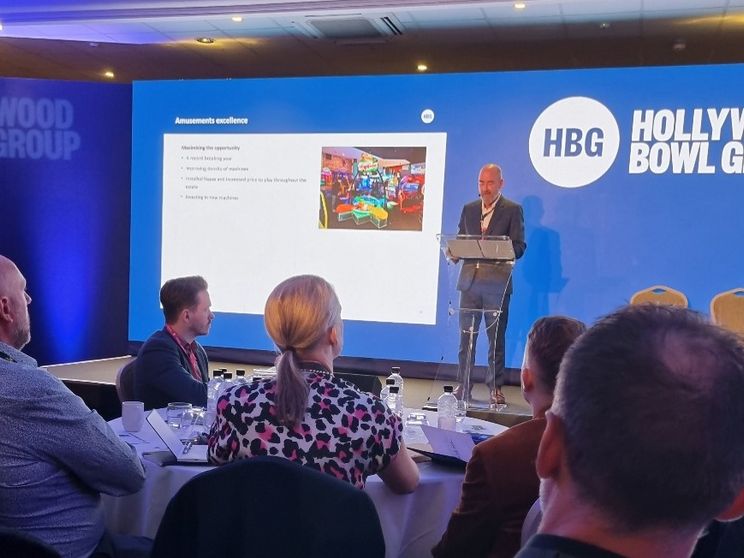Writing a CV isn’t an easy or quick task and you’ve probably spent hours at some point researching into how a CV should be written however, have you ever thought about how the person receiving it will read it? Like most of us you’ve perhaps never given it a second thought, but actually this type of knowledge is almost certainly going to help you out.
Firstly, and potentially most importantly, think about how long you think the Recruiter will be reading it for. Surprisingly, not as long as you would think! This becomes second nature to us, and we can pick out the key information we are looking for pretty quickly. In fact, the average amount of time a Recruiter will read a CV for is only 7 seconds so its so important to ensure the format of your CV allows them to pick out the key information quickly, demonstrating your best attributes but in a digestible way. Secondly, Recruiters read hundreds of CVs each week so making sure yours grabs their attention (in the right way of course) is key.
With this in mind, we thought we would share our insider knowledge with you with a few hints and tips below…
What’s first?
Always make sure your personal/contact information is listed nice and obviously at the top of your CV. You could have the best CV and experience in the world, but if you miss off your email/phone number or make a spelling mistake/miss a digit they will have no way of contacting you and you could miss out on the opportunity.
What order do we read a CV?
Like everything else, we will start by reading top down so make sure your latest job is listed at the top and then previous experience following in chronological order after this. Don’t overcomplicate things by having your oldest job at the top, it just makes it more confusing to read the document back to front!
What is the best length?
This is a much-debated topic however we would recommend 2 pages as the ideal length. Remember, you want to get your experience across in a comprehensive yet concise way - some people fall into the trap of including every single job they’ve ever had on their CV. Whilst it’s probably easier to keep adding to it, make sure you take the time to really evaluate it and ensure that you only include what is relevant.
Which part do we pay most attention to?
In most cases, it will be your employment history/experience so ensure you make this section easy to read. Blocks of text are hard to digest and take longer to read through. Bullet points are a great way to get your points across clearly and concisely. Remember, as we read through, we have key words we will be looking for. With this in mind, don’t miss the opportunity to read through the advert/job description for the role you are applying for, and slot some of those key words in your CV – this could really make you stand out compared to others.
What about additional sections?
Of course, it is valuable to include additional sections such as personal interests etc but ensure you are selective in what you include, and how you write this to ensure you save enough space for the star of the show – your experience. Talking about your personal interests is a good opportunity to demonstrate how you will add to the company culture and have like-minded values. Depending on the role, it is important to include your education/qualifications on here, but this can be done in a succinct way listing the key information: qualification, result. The same applies to the personal profile section at the top – don’t spend more than a few lines writing this, our eyes automatically move quite quickly onto the main body of the CV.
What if I don’t have much employment experience?
Don’t worry! You will still have plenty to talk about to make a good CV - everyone starts somewhere. Make sure you utilise any work experience/casual or ad hoc work you may have done to help family members or friends. Any volunteering or charity work is good to talk about and you will have a lot of transferrable skills from your time at school e.g., working to deadlines or as part of a group/team. Focus on the soft skills you have gained so far, and how these would set you up for success in the role you are applying for.
A CV is your opportunity to make a good first impression on the company you are applying for. If you are shortlisted, there will be a chance to demonstrate your experience in much more detail so make sure you don’t fall at the first hurdle!
Hopefully this has given you an alternative insight that you may have not considered before and provided some advice to help you understand what happens when you submit your CV, a little bit further. Remember, Recruitment professionals are humans and will always have the candidate at the heart of everything they do so don’t be afraid to ask us any questions to make sure you are set up for success in securing your next dream job!



